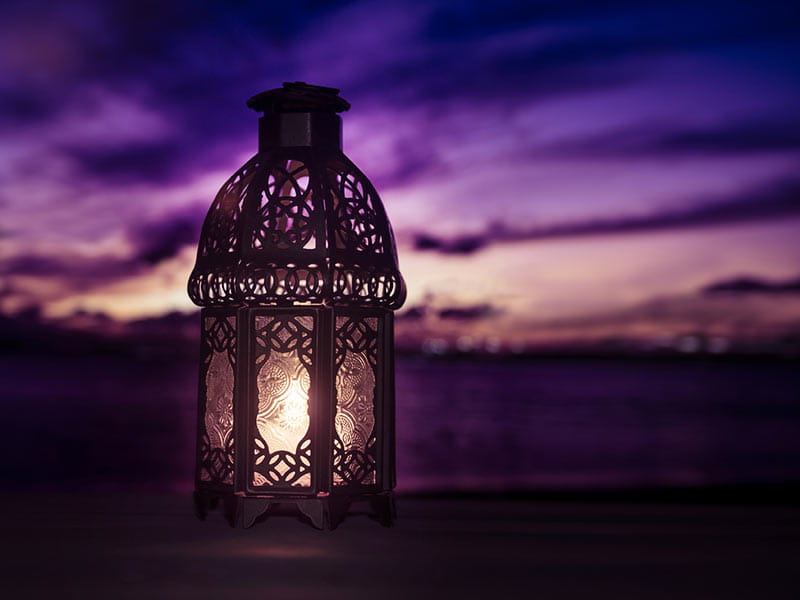"This totally caught me off guard," said Muhammad, a Harvard Divinity School graduate and founder of an Islamic publishing company. "It used to be all the time when someone committed a crime, blacks would say, `Please don't let it be an African-American.' Now, after 9/11, we also have to worry about being Muslim. So this is doubly painful. I didn't even want to go to work."
News reports have described John Allen Muhammad, 41, the alleged Beltway sniper, as a strong believer in Islam who converted 17 years ago. He changed his last name from Williams to Muhammad more than a year ago--and may have even expressed sympathy with the Al Qaeda terrorists.
Army records show Muhammad had been stationed in Germany, Saudi Arabia, Fort Ord, Calif., and Fort Lewis, Wash., during 10 years of service that ended in 1995. His Saudi tour was during the Gulf War, and at the time of his discharge he was a sergeant.
A former neighbor of Muhammad's said he provided security at the Million Man March in 1995, which was organized by Nation of Islam leader Louis Farrakhan. There are long-standing differences between the Nation of Islam, a small group led by Louis Farrakhan, and other African-American Muslims, led by W.D. Muhammad. The latter group practices mainstream Sunni Islam, while Farrakhan's group is generally considered a racist sect. However, in recent years, Farrakhan has been moving toward mainstream Islam, and the two groups have begun meeting and working together.
Precious Muhammad said that until Thursday, she was convinced the sniper wasn't a Muslim because he left a tarot card with the words, "I am God."
"No true Muslim would ever say I am God," Muhammad said. "That's one thing Muslims fear-- more than even eating pork. It's instilled in childhood."
Muhammad said the sniper's arrest could complicate African-American Muslims' lives-but it won't upset the new relationship between the two black Muslim groups. "People are smarter than that, at least among African-American Muslims," she said.
That's one ray of hope, Muhammad said. At the same time, today's "blow" could provide an opportunity-"to say that we have a responsibility as a religious tradition to mash down violence and prejudice and say `I'm for tolerance and understanding.'"

